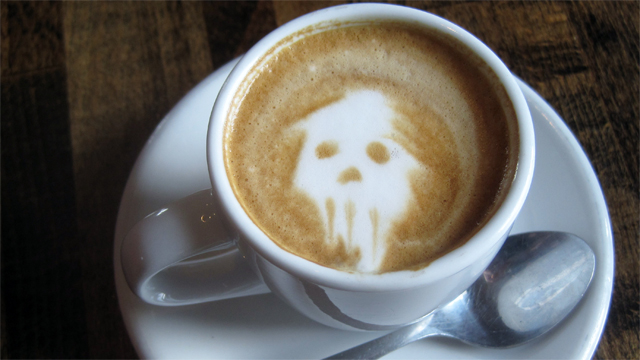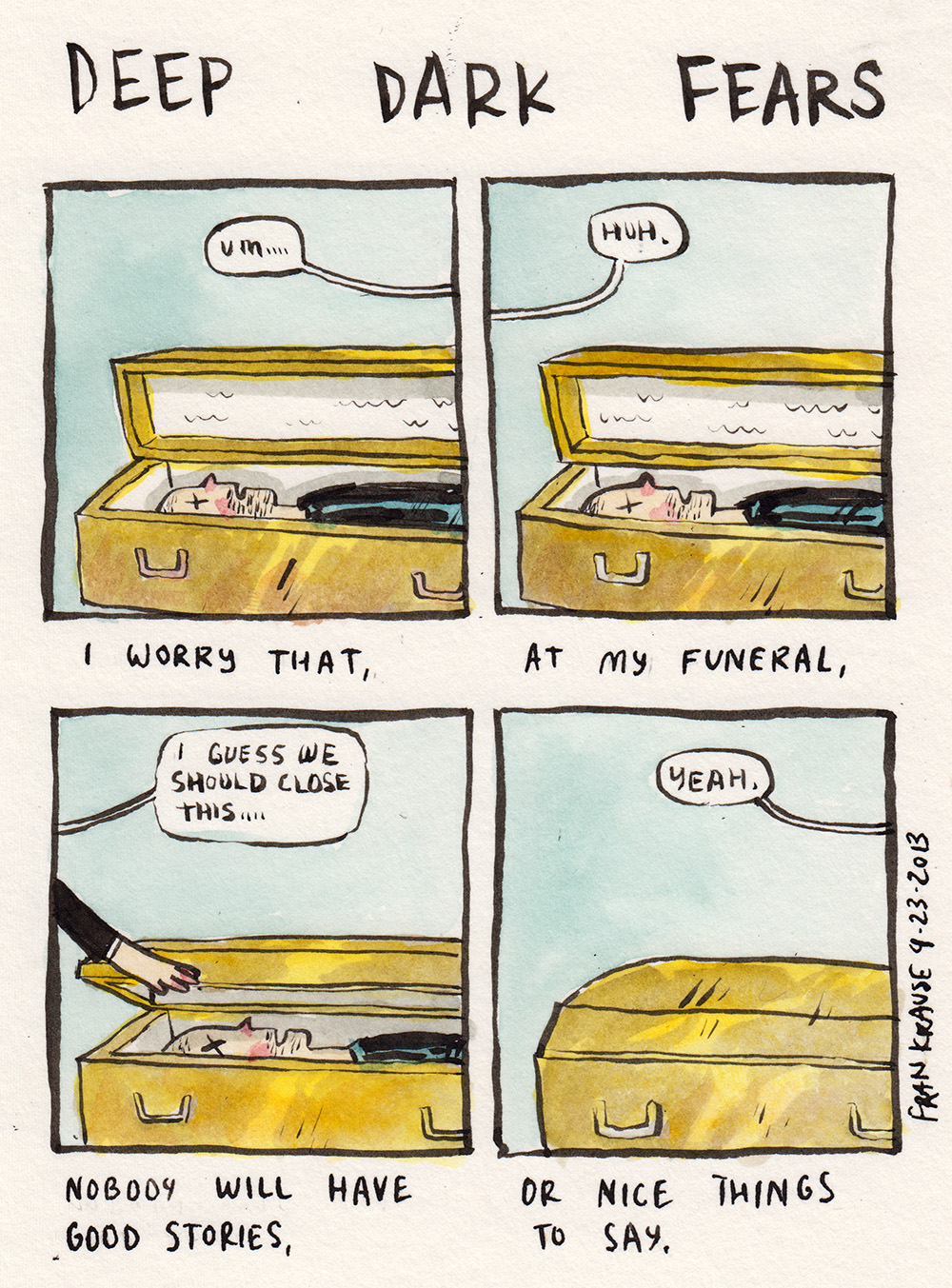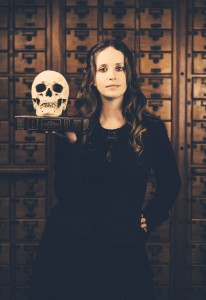
Without really planning it, 2014 is off to a good start for me as the year of thinking negatively. By that, I mean honestly looking at uncomfortable truths, rather than glossing over them and relying on one-size-fits-all soothing aphorisms. At the top of my reading pile sits Oliver Burkeman’s anti-self-help (yet still somehow self-help) book The Antidote: Happiness for People Who Can’t Stand Positive Thinking, a book I am certain was written with me in mind. "Confronting the worst-case scenario saps it of much of its anxiety-inducing power," writes Burkeman. Following that theme, about a week ago, I found myself seated in a circle with about twenty strangers in the Victorian front room of the Zen Hospice Project. Over plates of chocolate and Dutch apple cake, the facilitator of the salon led us in a candid discussion about…death. Yep, you read that right. Talking about this challenging topic ended up being a surprisingly uplifting experience.
This wasn't a room full of Lydia Deetz types reveling in the macabre over candles -- not that there's anything wrong with that sort of thing. The evening’s gathering, which to an outside observer could have looked like any old book club or committee meeting, was a locally organized Death Cafe, part of a "social franchise" kicked off by UK-based Jon Underwood. The salon is inspired by the “cafés mortels” of Swiss sociologist Bernard Crettaz, and Underwood's objective is "to increase awareness of death with a view to helping people make the most of their (finite) lives" through participant-led conversations.
Last week's session in San Francisco was facilitated by Roy Remer, Guest House Volunteer Coordinator at the Zen Hospice Project. After introductions and initial thoughts, Roy led the room in an exercise that served as the catalyst for the conversation. We were each handed a piece of card stock covered in four columns of Post-It notes and asked to write down people, objects, activities and roles that mattered to us. Roy then went around the room, randomly ripping off different notes from our sheets, a symbolic action that served as a reminder that time can strip us of so much that we hold dear, quite unexpectedly at times.

When my turn came, I wasn't prepared for the hot flash of anger I felt. "Those are mine!" I thought, as I watched Roy continue his turn about the room, silent except for that sound of peeling and crumpling paper. The exercise led to an engaging conversation, with some participants talking more about specific instances of loss they've had in their lives, while others addressed their reticence in accepting death, as well as the steps they've been taking to confront their feelings.
As a practical concern, end of life care providers like the Zen Hospice Project have an established history of enabling an environment of support for the dying and their loved ones. Death as a more abstract concept has also been a source of inspiration and discussion for artists, writers, philosophers and theologians alike for centuries. For me, there wasn't any particular prompt to attending the event other than the basic fact that death, as a realistic concept, is still something that I don't particularly like to think about. Sure, I like crime procedural shows, and I still miss the days when Six Feet Under was on the air. But movies and TV are a filter through which we can separate ourselves a bit from these unpalatable thoughts. Thinking about it without that filter can be jarring but also eye opening, which is where events like Death Cafe come in.


